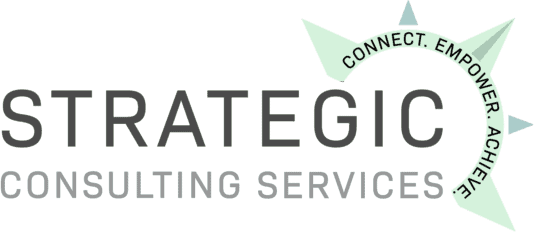Each year, thousands of U.S. Veterans leave active duty and return to the workforce. Veterans report high rates of service-connected disabilities (i.e., disabilities that were incurred in, or aggravated during, military service).
Common injuries incurred by these Veterans include:
- Post traumatic stress disorder (PTSD)
- Back and spinal cord injuries
- Hearing loss
- Traumatic brain injuries (TBI)
These are very serious conditions, and must be accommodated by the Veteran’s employer. Other veterans leave service due to injuries or conditions that are not considered service-connected.
The Law Requires Companies Accommodate Veterans
If the Veteran has a disability incurred in, or aggravated during, his or her service, the employer must make reasonable efforts to accommodate the disability and return the Veteran to the position in which he or she would have been employed if the Veteran had not performed military service.
What protections does the ADA provide to veterans with disabilities?
Employers cannot treat a Veteran applicant or employee unfavorably because he or she has a disability, a history of having a disability, or because the employer regards him as having a disability. That means, for example, that it is illegal for an employer to refuse to hire a Veteran because the Veteran has PTSD or was previously diagnosed with PTSD, or because the employer assumes the Veteran he has PTSD.
Similarly, an employer may not refuse to hire a Veteran based on assumptions about a Veteran’s ability to do a job in light of the fact that the Veteran has a disability rating from the U.S. Department of Veterans Affairs (VA). The ADA also limits the medical information employers may obtain and prohibits disability-based harassment and retaliation.
Finally, the ADA provides that, absent undue hardship (“significant difficulty or expense”), Veterans with disabilities are entitled to reasonable accommodation to apply for jobs, to perform their jobs, and to enjoy equal benefits and privileges of employment (e.g., access to the parts of an employer’s facility available to all employees and access to employer-sponsored training and social events).
When is a Veteran with a disability protected by the ADA?
A Veteran with a disability is protected by the ADA when he or she meets the ADA’s definition of disability and is qualified for the job the Veteran has or wants. A Veteran with a disability is qualified if he or she is able to meet an employer’s requirements for the job, such as education, training, employment experience, skills, or licenses, and is able to perform the job’s essential or fundamental duties with or without reasonable accommodation.
Strategic Consulting is Your Partner in Managing Workplace ADA Issues
Our team is here to help with your disabilities accommodation issues, vocational rehabilitation needs, ergonomic evaluations, and other employee needs.
For twenty years, we have been helping companies in the Pacific Northwest with worker injuries, disabilities, and other vocational challenges. We are here to support you in this unprecedented era of teleworking and WFH.
We have partnered and provided solutions to some of the largest companies in the world (such as Boeing, Microsoft, and Amazon). But, at our core, we are still “people taking care of people,” one project at a time. Our success is built upon and providing you the best solution to your workplace challenge. Contact us today by filling out a form (below), submitting a referral, or visiting our ‘Contact Us‘ page to find your nearest office.

Ric has been working in the industry since 2002, specializing in developing employer jobsite analysis and light duty programs, ergonomics consultations and adjustments, disability accommodations and providing effective return to work solutions. Ric is Matheson trained in Ergonomics and is a Certified Ergonomics Evaluation Specialist. He earned a Bachelor of Arts Degree in Psychology from Western Washington University and later his Master’s Degree, M.Ed., Education Counseling from Seattle Pacific University. Ric is currently a Registered Vocational Rehabilitation Counselor for the Department of Labor and Industries and has been a Certified Disability Manager Specialist since 2006.

